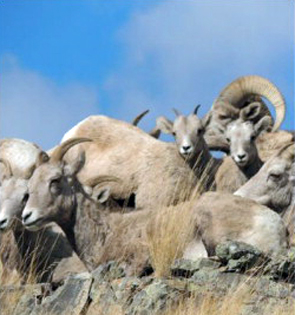The global loss of biodiversity continues at an alarming rate. Genomic approaches have been suggested as a promising tool for conservation practice as scaling up to genome-wide data can improve traditional conservation genetic inferences and provide qualitatively novel insights. However, the generation of genomic data and subsequent analyses and interpretations remain challenging and largely confined to academic research in ecology and evolution. This generates a gap between basic research and applicable solutions for conservation managers faced with multifaceted problems. Before the real-world conservation potential of genomic research can be realized, current infrastructures need to be modified, methods must mature, analytical pipelines need to be developed, and successful case studies must be disseminated to practitioners. informacion[at]ebd.csic.es Shafer et al (2014) Genomics and the challenging translation into conservation practice. TREE doi:10.1016/j.tree.2014.11.009
http://www.sciencedirect.com/science/article/pii/S0169534714002511








 Open Call for Research Projects in ICTS-Doñana!
Open Call for Research Projects in ICTS-Doñana!


